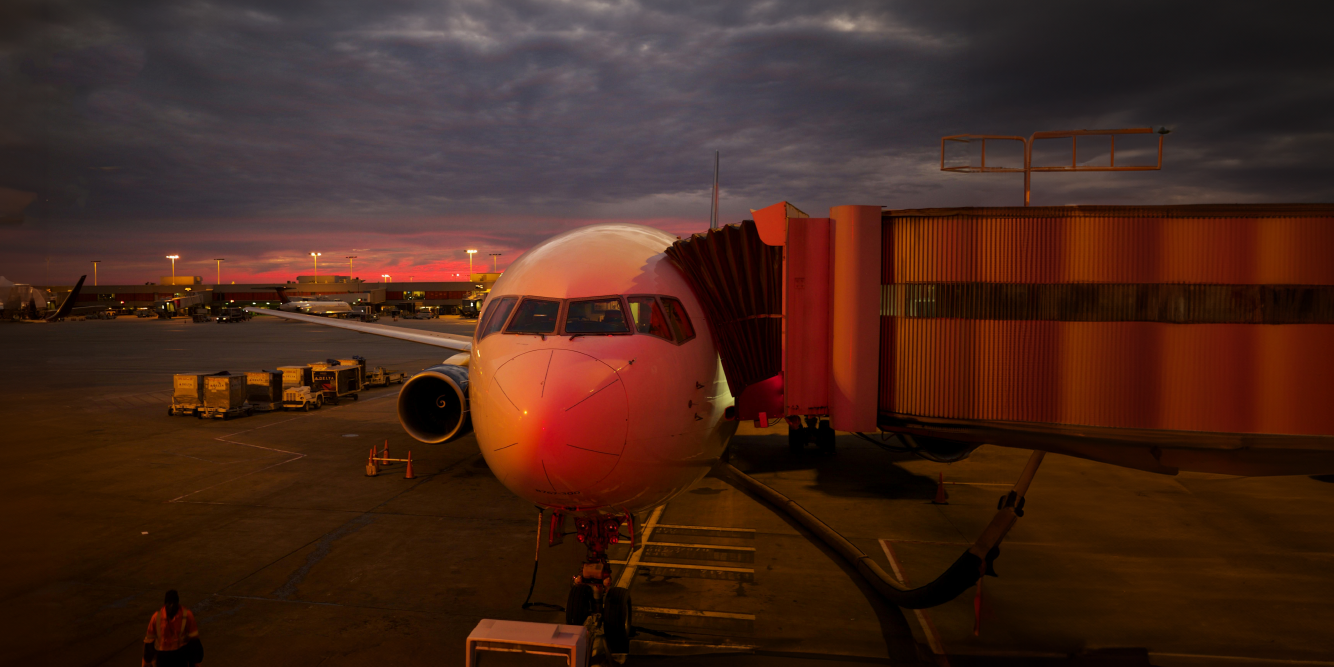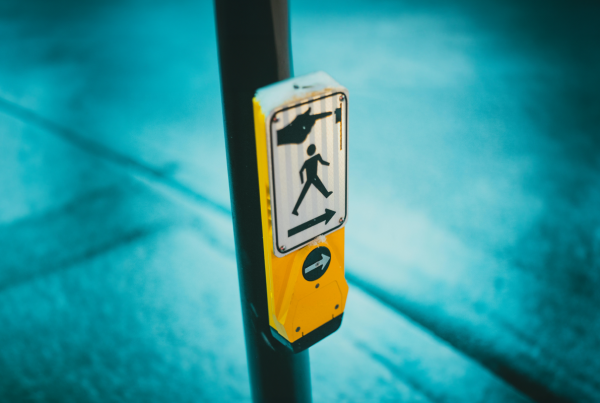The Thanksgiving holiday season is one of the busiest times for air travel in the United States. Millions of people take to the skies to reunite with family and friends. However, this surge in travel can also increase risks. Being informed and prepared is essential to ensure a safe journey. Here are some important safety tips for Thanksgiving air travel, along with relevant statistics to consider.
Thanksgiving Air Travel Statistics
According to the Transportation Security Administration (TSA), approximately 26 million people are expected to travel through U.S. airports during the Thanksgiving holiday period. This significant increase in passenger volume can lead to crowded terminals and longer wait times. In fact, the Sunday after Thanksgiving is often one of the busiest travel days of the year.
Moreover, the National Safety Council reports that air travel is among the safest modes of transportation, with a risk of fatality of just 0.07 deaths per billion passenger miles. Nevertheless, it is essential to remain vigilant and prioritize safety during your travels.
Tips for Safe Air Travel
Here are several tips to help ensure your safety while flying during the Thanksgiving season:
1. Arrive Early
With increased passenger volume, airport security lines may be longer than usual. Arriving at least two to three hours before your flight can give you ample time to navigate check-in and security processes without the stress of rushing.
2. Stay Informed About Your Flight
Flight schedules can change due to weather or other factors. Check your flight status regularly through your airline’s app or website. Staying informed can help you adjust your plans as needed.
3. Practice Good Hygiene
The holiday season brings an increased risk of illness, especially during flu season. To stay healthy during your travels:
- Wash your hands frequently or use hand sanitizer with at least 60% alcohol.
- Wear a mask if you are in close proximity to others or in crowded spaces.
- Avoid touching your face to reduce the risk of transferring germs.
4. Secure Your Belongings
Airports can be crowded, making it easier for theft to occur. Here are some tips to protect your belongings:
- Use a luggage lock to secure your checked bags.
- Keep your personal items close. Consider using a crossbody bag or a travel backpack that you can easily access.
- Label your luggage with your name and contact information in case it gets lost.
5. Be Mindful of Security Regulations
Familiarize yourself with TSA regulations to ensure a smooth security screening process. Some key points include:
- Limit liquids to 3.4 ounces (100 ml) in a quart-sized bag.
- Remove electronics larger than a cell phone from your carry-on for screening.
- Wear shoes that are easy to remove, as you may need to take them off during security checks.
6. Stay Calm and Patient
Air travel can be stressful, especially during busy periods. Practice patience and maintain a positive attitude. If you encounter delays, use the time to relax, read a book, or listen to music. Staying calm can help make your travel experience more enjoyable.
7. Know Your Rights
In the event of a delay or cancellation, it is essential to know your rights as a passenger. Airlines are required to provide information about your options and compensation. Familiarize yourself with your airline’s policies regarding delays, cancellations, and rebooking.
What To Do If You Are Injured at the Airport or On an Airplane
Despite the precautions you take, accidents can happen. If you are injured while at the airport or on an airplane, follow these steps:
- Seek Immediate Medical Attention: If you are injured, prioritize your health. Inform the flight attendants or airport personnel and request medical assistance.
- Report the Incident: Notify the airline staff or airport authorities about the injury. Ensure that an official report is filed documenting the incident, as this will be crucial for any future claims.
- Gather Evidence: If possible, take photographs of the scene, your injuries, and any contributing factors (such as hazards or malfunctioning equipment). Collect witness contact information to support your case.
- Document Medical Treatment: Keep a record of all medical evaluations, treatments, and expenses related to your injury. This documentation is essential for any potential claims.
- Consult an Attorney: Speak with a personal injury attorney experienced in air travel cases. They can provide guidance on your rights and help you navigate the claims process with the airline or airport.
Why Choose Fielding Law?
While air travel is statistically safe, accidents can happen. At Fielding Law, we are dedicated to helping you navigate the complexities of personal injury cases related to travel incidents. If you or a loved one has been injured while traveling, our compassionate team is here to provide guidance and support.
You do not have to face this journey alone. Reach out to us at 833.88.SHARK for a free consultation. Let Fielding Law help you protect your rights and seek the compensation you deserve.
Note: Information provided is for educational purposes and does not constitute legal advice. Always consult with a qualified attorney for legal concerns.





